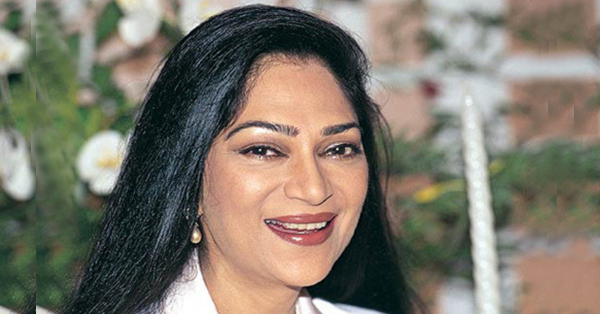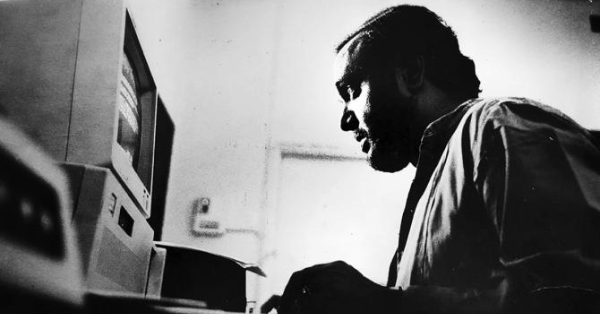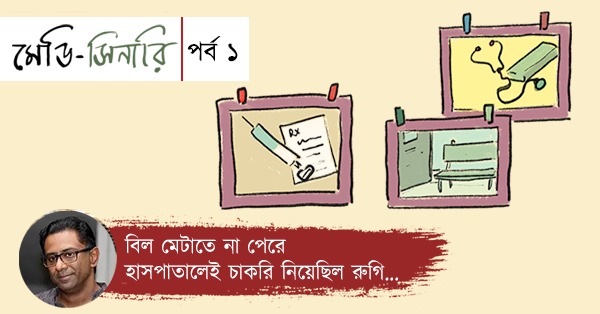The Best is Yet To Come

 মালবিকা ব্যানার্জি (Malavika Banerjee) (August 13, 2022)
মালবিকা ব্যানার্জি (Malavika Banerjee) (August 13, 2022)For her own generation, she was the beautiful actress who transitioned from smoky black-and-white films to the technicolour era with style and elegance. To the next generation, she was the femme fatale in Karz. Still later, she was the woman who hosted icons of the 1990s in Indian television’s most famous interview show. Future prime ministers, business tycoons, filmstars and cricketers sat in her pristine white set and whispered their innermost secrets to her as a nation watched ‘Rendezvous with Simi Garewal’.
A midnight’s child, Simi Garewal has been defined by her ability to see future trends and remain ahead of the curve. As she turns 75, it is harder to make her talk about her six-decade career, simply because she is more excited about sharing her dreams and her future plans, rather than looking back. It’s India’s tomorrow that she is excited about, not its past or even the things she finds worrying about the present.
Born in Ludhiana, Punjab, in 1947, Simi spent her formative years in the UK. ‘I learnt about the Tudors and the Crusades but never knew my own country’s history. There was no reference to Indian history in our curriculum, not even the colonial rule of England over India’ she recalls. When she decided to return to India in her late teens, it was a bumpy landing, as India offered a life and experiences far removed from her time in England.
‘I was a misfit and found it hard to understand many things about the India of the 1960s. And cinema was even harder to come to terms with, particularly the portrayal of women.’ Simi could not understand or identify with the submissive and yielding female parts written for cinema. This led to her missing out on many roles in big ticket productions. ‘It might sound crazy but I was completely confused as the only Indian films I had seen in London were the ones hosted by the Indian High Commission. These were what we now know as art films, in fact I saw the films of Satyajit Ray before I saw films of the ruling idols of Hindi cinema,’ she says. That she worked with Ray, Mrinal Sen and Raj Kapoor is what Simi feels proud of in her decades-long career.
As she awaits the 75th year – both hers and India’s – she says it is ‘the Indian mind’ that gives her hope: ‘I see bright young people everywhere, very often I begin a conversation with the person who is driving my car, and their views are sharp, their understanding of politics is more nuanced than several people I meet socially. This is the wealth that makes me think that for India, the best is yet to come.’
The patriarchy, unequal pay scale and regressive narrative that is explicit or implicit in cinema still worries Simi: ‘It is deeply saddening that women and men do not get similar remuneration even today.’ More worrying for her is the antiquated roles that men and women play. ‘I wish actors realized that they can make a difference. If a Salman Khan is shown playing a man who cooks or does home chores, the image would have a powerful impact,’ she feels.
However, Simi does not restrict her views to only cinema, or indeed only to India. Like in her youth, England is as much her home as India. The politics of intolerance in both countries worries her: ‘The politics of Brexit in the UK is just another form of the politics of hate that is growing in India. In both cases politics play on the fears and insecurities of people. This is worrying because it is giving rise to leaders who win by pandering to the baser nature of the electorate.’ She admits that the disastrous stint of Boris Johnson left her disillusioned, and remains hopeful about Rishi Sunak’s chances as being the next British Prime Prime Minister.
On the same note, Simi has not lost hope in the country of her birth. As she awaits the 75th year – both hers and India’s — she says it is ‘the Indian mind’ that gives her hope: ‘I see bright young people everywhere, very often I begin a conversation with the person who is driving my car, and their views are sharp, their understanding of politics is more nuanced than several people I meet socially. This is the wealth that makes me think that for India, the best is yet to come.’
Simi in many ways inspired celebrity interviewers who followed her, including the often-controversial Koffee With Karan. However, Simi is not yet done with her own Rendezvous series. She hopes to launch it soon, not on any OTT platform – instead, she wants to air it on her own YouTube channel. Simi does not want to ride the OTT boom: ‘It’s run by cliques in Mumbai as only certain directors are getting a free run on the platform.’ The social media is where she feels best able to express herself, without filters, and in her own unique style.
পূর্ববর্তী লেখা পরবর্তী লেখা
Rate us on Google Rate us on FaceBook





